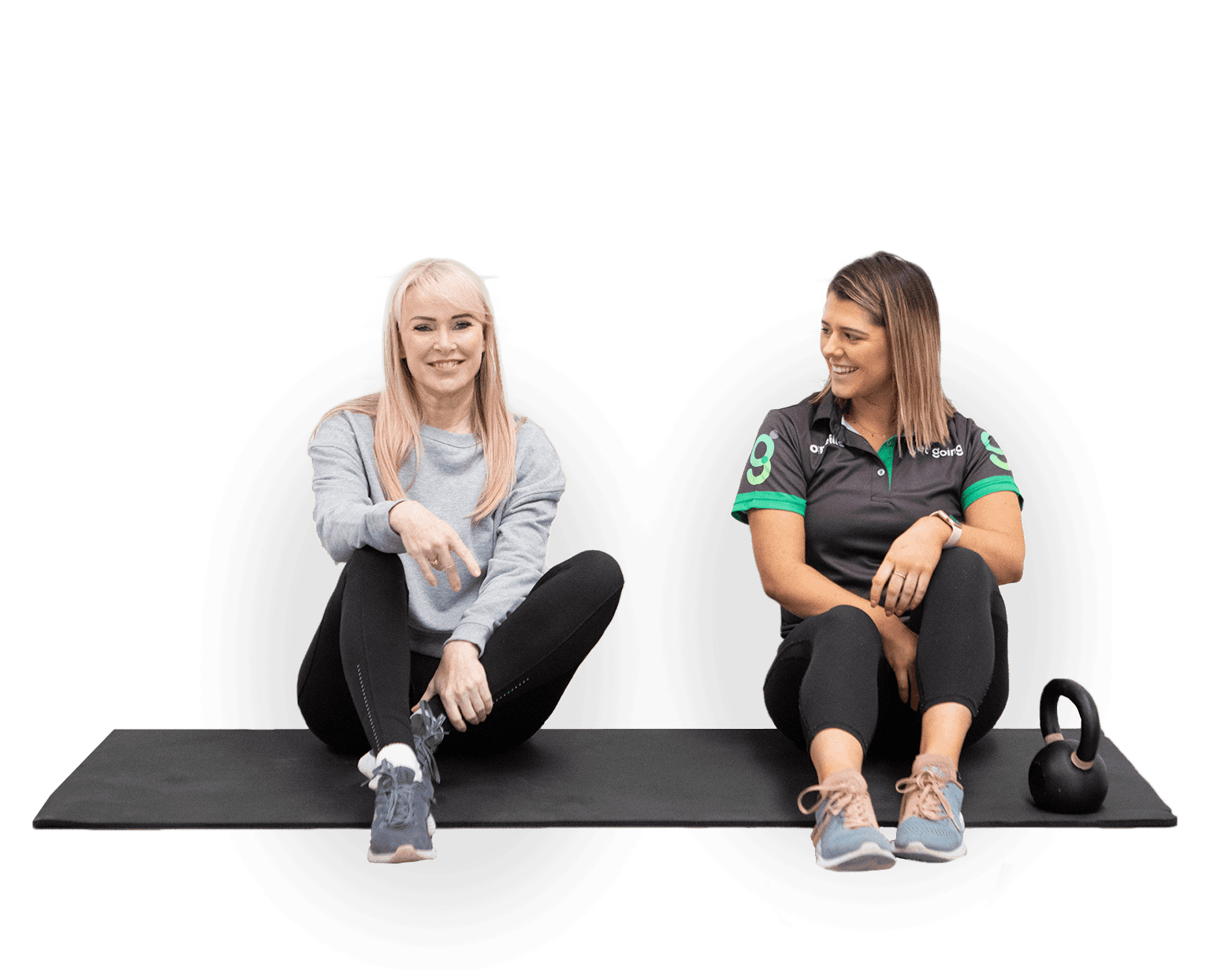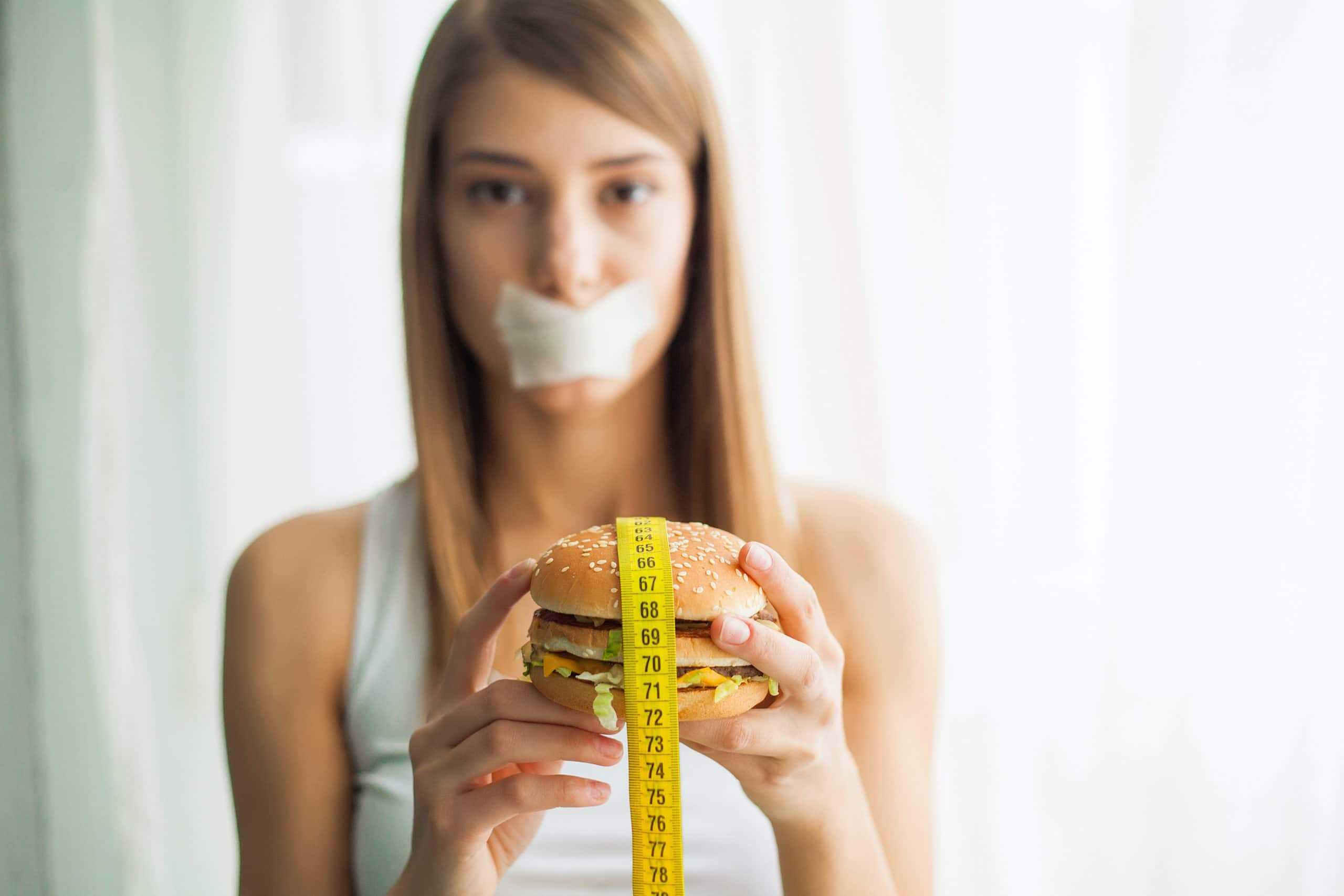Diet myths you shouldn’t believe
You may have heard of them all, you may have heard of only a few, you’ve probably heard of many more.
[Read Time: 7 mins]
You may have heard of them all, you may have heard of only a few, you’ve probably heard of many more.
You should be doing 1x thing in common with all of them though:
Rolling your eyes and to stop listening.
Let me break down 3x of the most common nutrition myths I hear to set some things straight and hopefully re-assure you all!
- ‘NATURAL’/’UNREFINED’ SUGARS ARE BETTER THAN REGULAR SUGAR
‘Refined sugar free!’, ‘No cane sugar!’, ‘Sweetened with natural sugars!’
Do any of these sound familiar to you, either from things you’ve seen on the front of food packaging, or on the ‘health slice’ at your local cafe?
Sorry to break it to you, but marketers are aiming for the hook, line and sinker here by using the ‘health halo effect’, as in trying to sell you a product by making it look apparently healthier.
Whether it’s cane sugar (white/brown/raw), coconut sugar, agave syrup, rice malt syrup, honey, maple syrup, fruit juice concentrate, dates, these are all ways brands can add sugar to their foods to sweeten them. Your body can’t differentiate between where the sugar comes from, and it all ends up as ‘glucose’ in your body.
Is sugar bad? No. Can we treat ourselves with sugar-sweetened things occasionally? Yes.
However, sugar-sweetened products are very easy to over-eat. Eating too much sugar on a regular basis can lead to excess weight gain and associated health problems down the track.
TAKEAWAY: Look for products which add little to no sugar to them. Sweeten your own food with stevia sweetener instead for a healthier alternative. Anything ending in ‘ose’ or ‘syrup’ in the ingredients panel is most likely a form of sugar.
- COCONUT IS A ‘SUPERFOOD’
Coconut trees are beautiful, they remind me of being in tropical paradise.
However, their fruit is very over-hyped from a nutrition perspective.
Coconut flesh, cream, milk and oil are all high in total and saturated fat, meaning they contain mainly the fats which can increase levels of LDL (‘bad’) cholesterol in your blood if you eat too many of them. Seems weird that it’s touted as a superfood product right?
Coconut yoghurt is an example. This product is low in protein, high in total and saturated fat, low in calcium and only sometimes contains probiotics if the manufacturer adds them (look in the ingredients). Regular low fat Greek yoghurt is high in protein, low in fat, a good source of calcium, and contains good bacteria for your gut.
TAKEAWAY: Good ol’ olive oil is better for your heart than coconut oil, whilst good ol’ low fat natural Greek yoghurt will contribute many more benefits to you nutritionally. Although coconut is NOT ‘bad’, it’s best if you save it for occasional consumption.
- EATING AT NIGHT IS FATTENING
Ever heard a fitness influencer, friend, family member or coach tell you not to eat after 6pm?
Unfollow them, run away from them or fire them. Unless they’re a family member- then maybe talk it out.
If you’ve read previous blog posts, hopefully you know by now that your bodyweight is primarily determined by the TOTAL amount of energy (from carbs, proteins, fats and alcohol) you eat/drink, versus the total amount of energy you expend (your BMR, physical activity and food digestion).
No matter how many times a day you eat, and no matter what time of the day you eat, as long as you are not eating in excess of your energy requirements, you aren’t going to put on weight.
If it fits in with your lifestyle, and you enjoy eating the standard 3-5x a day between traditional ‘breakfast’ and ‘dinner’ times, go for it.
If you prefer to eat most of your food before 6pm, go for it.
If you aren’t hungry in the morning for a few hours, and get home from work late, there’s nothing wrong with starting and finishing eating a little later.
Do what best fits in with your lifestyle, work schedule, family and preferences- this is what you will be able to stick to sustainably.
TAKEAWAY: While this isn’t an excuse to snack on treats every night after dinner before bed in front of the TV, it IS OKAY if you are eating dinner later than ‘traditional’ dinner times, IF you are not eating more than your daily requirements, and IF it isn’t impacting your sleep quality.
Follow us for more nutritional advice and fitness news.













